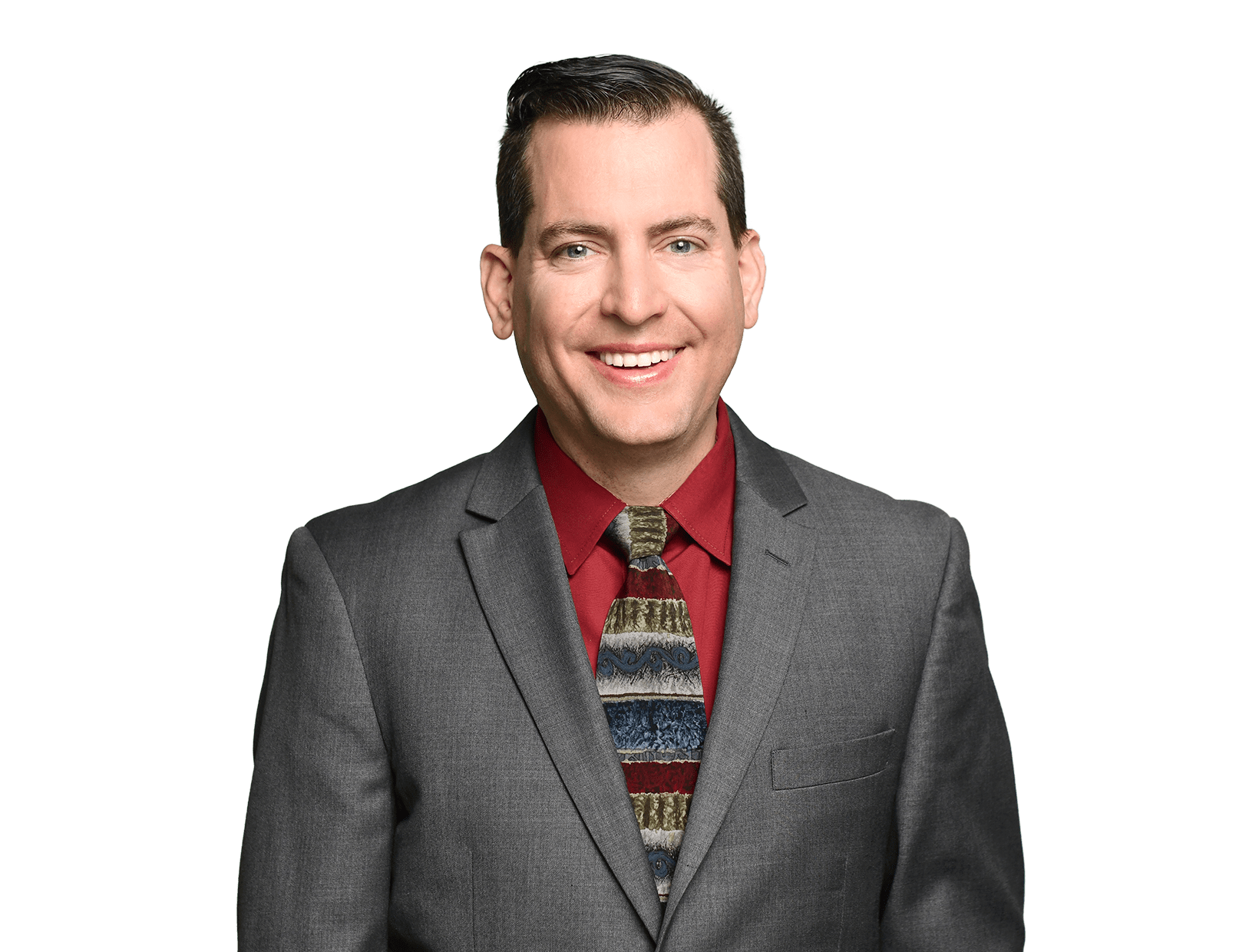Blog
Supreme Court Grants Return Mail's Petition for Certiorari in Return Mail, Inc. v. United States Postal Serv.
Fish & Richardson
Authors
-
- Name
- Person title
- Principal

Supreme Court Docket No. 17-1594
Appeal of Return Mail, Inc. v. United States Postal Serv., 868 F.3d 1350 (Fed. Cir. Aug. 28, 2017)
The Supreme Court has granted, in part, Return Mail's Petition for Writ of Certiorari requesting review of the Federal Circuit's affirmance of the Patent Trial and Appeal Board (PTAB) decision finding the challenged claims of U.S. Patent No. 6,826,548 ("'548 patent") patent ineligible under 35 U.S.C. 101. The appeal to the Federal Circuit involved several issues, including whether a suit against the government under 28 U.S.C.S. 1498(a) encompasses being sued for "infringement" as that term is used under the Leahy-Smith America Invents Act (AIA), whether a decision to institute Covered Business Method (CBM) review by the PTAB is reviewable under 35 U.S.C.S. 324(e), and whether the '548 patent was directed toward ineligible subject matter. Return Mail's Cert petition, however, was limited to only two questions:
- Whether the government is a “person” who may petition to institute review proceedings under the AIA.
- Whether a 1498(a) action for the eminent domain taking of a patent license by the government is a suit for patent “infringement” under the AIA.
The Supreme Court has granted Cert with respect to Question 1 only.
The basis of this issue is that the AIA specifies that “[a] person may not file a petition for [CBM review] unless the person or the person’s real party in interest or privy has been sued for infringement of the patent or has been charged with infringement under that patent.” AIA 18(a)(1)(B) (emphasis added). Return Mail did not raise the issue of whether the USPS qualifies as a "person" under this provision of the AIA in their arguments before the Federal Circuit. Rather, this issue was addressed sua sponte in the Dissent authored by Judge Newman, who viewed the issue as jurisdictional and therefore not subject to waiver. The Majority held that (1) the issue was likely waived, and (2) that "[t]he AIA does not appear to use the term 'person' to exclude the government in other provisions" and therefore the use of the term "person" in AIA 18(a)(1)(B) also does not exclude the government.
The grant of Cert by the Supreme Court is not entirely surprising as this case raises a unique jurisdictional issue. The effect of the Supreme Court reversing the Federal Circuit as to Question 1 could potentially be rather limited as it would serve only to block the federal government (and presumably other governmental agencies, such as state governments) from challenging patent validity at the PTAB. At this point, it is unclear if such a restriction would also apply to public universities and other quasi-governmental entities. It is also possible that the Supreme Court could reverse the Federal Circuit while also ruling quite narrowly on the issue. Specifically, it is possible that the Supreme Court could find that the term "person" as used in AIA 18(a)(1)(B) excludes the federal government while refraining from deciding if the term "person" excludes the federal government throughout the entire AIA. Such a ruling would make CBM challenges unavailable to the federal government but would still leave challenges under inter partes review (IPR) and post-grant review (PGR) available to the federal government. CBM challenges currently constitute only 7% of proceedings before the PTAB and are set to phase out by 2020 (no petitions accepted after that date). Therefore, the effects of such a narrow ruling by the Supreme Court would be quite limited. It is of course also possible that the Supreme Court has granted Cert so as to more fully flush out the record on the issue and will ultimately affirm the Federal Circuit.
The ruling in this case should not have an effect on corporations or other non-governmental entities to challenge patent validity before the PTAB.
Ultimately, the outcome here is an open question: The AIA does not define the term; nor has the PTO through rulemaking; nor is there any real legislative history on point. The petition for Cert cites to the 2000 Supreme Court decision of Vt. Agency of Nat. Res. v. US ex rel. Stevens, 528 U.S. 765, for the proposition that "person" does not ordinarily include the "sovereign."
The opinions expressed are those of the authors on the date noted above and do not necessarily reflect the views of Fish & Richardson P.C., any other of its lawyers, its clients, or any of its or their respective affiliates. This post is for general information purposes only and is not intended to be and should not be taken as legal advice. No attorney-client relationship is formed.